Editor’s note: The divine feminine — shakti to shiva, yin to yang — is a part of us all. Nowhere is this more true than in medicine. As we gear up for the launch of our Medical Director Kelly Brogan’s saber rattling new book, A Mind of Your Own, we are thrilled to recognize that her work is part of a long and great tradition of feminine medicine that is once again ascendant. Erika Janik chronicled the important and surprising role of women in medicine in her captivating and instructive book: Marketplace of the Marvelous: The Strange Origins of Modern Medicine. We asked Erika to share her top 5 unsung heroines. Reflect on these and other women with gratitude. Many paid a very high price for their candor and willingness to help others. Kelly’s book follows in this tradition.
***
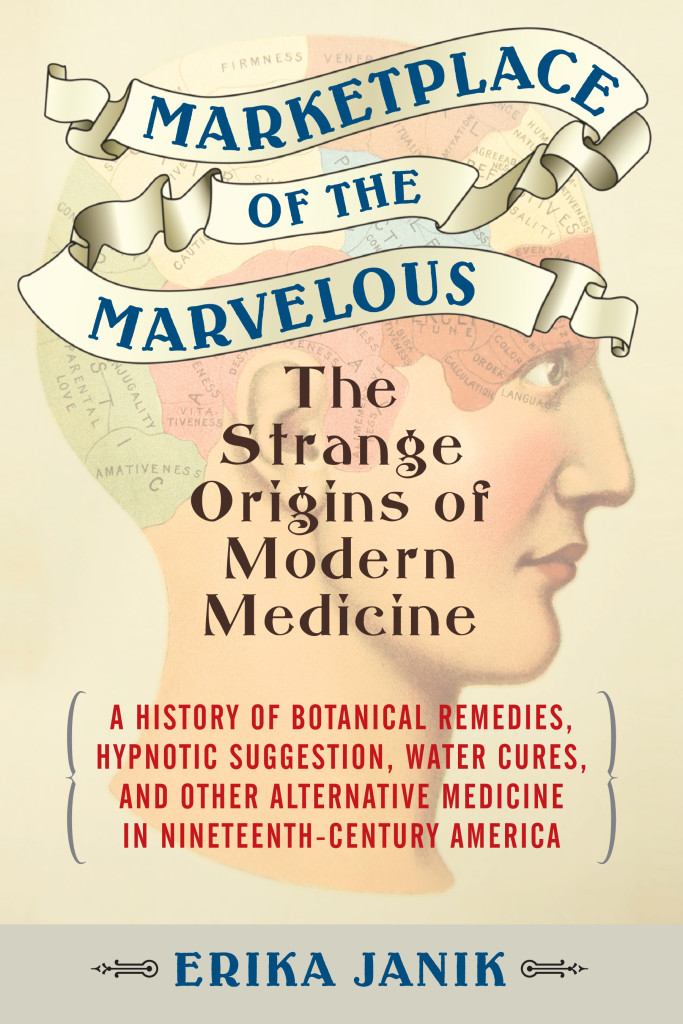 Medicine was far from kind to women in the past. Get sick and most doctors blamed it on your womb, contending that reproduction made women irrational, emotional, and intellectually and physically inferior.
Medicine was far from kind to women in the past. Get sick and most doctors blamed it on your womb, contending that reproduction made women irrational, emotional, and intellectually and physically inferior.
That’s only if you managed to see a doctor.
Modesty and propriety kept many women from seeking medical care from male doctors and many doctors refused to physically examine women for fear of offending their modesty. Women could easily find themselves suffering from a dangerous or inappropriate treatment — or no treatment at all — without the benefit of a thorough exam.
With few exceptions, most women were also barred from careers in mainstream medicine. This even though since the earliest colonial days, women had acted as their family’s doctor, nurse, dietician, and pharmacist. Women acted as “Dr. Mom” long before marketers invented the term. Women provided most home medical care and nearly all birthing assistance. Many women had an impressive knowledge of herbal remedies, traditional rituals, and preventive measures passed down through families, learned in home medical guides, and gained through firsthand experience.
Despite these limitations, many women did break through the discrimination and stereotypes to pursue health and wellness as a career. The first woman to do so, Elizabeth Blackwell had only been admitted to New York’s Geneva Medical College on a technicality, after faculty passed the decision of whether to allow her admission on to the all-male student body. As a joke, they voted yes (they through the faculty couldn’t possibly be serious), and Blackwell enrolled despite the vocal opposition of most of the students and faculty.
Besides Blackwell, the vast majority of pioneering female physicians found their way not in mainstream medicine but in alternative medical practices like homeopathy, water cure (hydropathy), and osteopathy that did not see being female as a disease in and of itself. Medicine was second only to education in attracting professional women in the 19th century. Many specialized in women’s health.
In no particular order, here are five American medical pioneers you should know:
Mary Gove Nichols
Mary Gove Nichols made a name for herself (and not always a good one in a culture that viewed women speaking publicly scandalous) lecturing on the shocking topics of women’s health in the 1830s. She championed the benefits of cold, clean water, a diet rich in fruits and vegetables, and regular physical activity. She urged women to learn about their bodies and to take charge of their own health as much as possible. Although she never attended medical school, Nichols led a doctor’s life with her lecturing, publications, and medical practice, earning a reputation as a trustworthy medical expert for millions of women in the mid-19th century.
Lydia Folger
Lydia Folger was the first American woman to receive a medical degree in the United States (Elizabeth Blackwell was born in England). Married to famous American phrenologist Lorenzo Fowler, Folger lectured on phrenology (the science of reading personality in the shape of the head), anatomy, and hygiene. After graduating from medical school in 1850, she became the first female professor of medicine in the U.S. at New York’s Central Medical College. She also established her own medical practice in New York City, specializing in the health of women and children.
Mary Baker Eddy
Mary Baker Eddy introduced her own medical system, which became the largest homegrown healing faith in American history. She counseled her followers to cultivate hope and maintain a positive attitude, seeing despair and other “wrong beliefs,” including a lack of faith in God, as the primary cause of sickness. Eliminating these incorrect thoughts, according to Eddy, was the path to health.
Harriet Judd Sartain
Harriet Judd Sartain operated one of the largest and most successful medical operations in 1850s Philadelphia, male or female, mainstream or alternative. A homeopath, Sartain fought hard for women’s right to practice medicine. She founded a homeopathic medical club for women to lobby for coeducation, and was the first woman elected to the Pennsylvania State Homeopathic Society. She was also one of the first women to join the national professional association for homeopaths, the American Institute of Homeopathy, which opened its doors to women in 1871; the American Medical Association, in contrast, would not admit women as members until 1915.
Elizabeth Stuart Phelps
Elizabeth Stuart Phelps wasn’t a doctor but few championed the cause of women in medicine more vocally. In 1867, the 23-year-old Phelps decried the misery of the American woman burdened with unrewarding housework or leisured idleness, the feminine mystique nearly a century before Betty Friedan. She called medicine the most “noble” career for women and returned to the topic of women in medicine again and again in essays, columns, and letters. She also featured women doctors in her novels, including Dr. Zay (1882), which featured a strong and capable woman dedicating her life to medicine, much to the surprise of the men in her life. Phelps particularly loved homeopathy for its receptiveness to women practitioners, and even named her dog after the field’s founder, Samuel Hahnemann.
***
Throughout most of history and across civilizations, the role of women in medicine was acknowledged and valued. Female virtues of nurture, altruism, and morality were recognized and embraced. Erika chronicles a time in U.S. history — the 1800s and early 1900s — when “heroic” or “regular” medicine became more concerned about asserting and consolidating its power over the profession. Women were dismissed as irrational, ineffective, and dangerous, and were barred from practicing medicine. times are a-changing again. We thought it appropriate to acknowledge these five women on whose shoulders today’s women doctors stand.
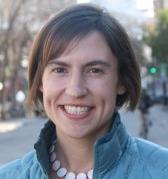 Erika Janik is the author of the wonderful book, Marketplace of the Marvelous: The Strange Origins of Modern Medicine. Listen to our interview on Fearless Parent Radio here! She is “curious about everything” and we are the fortunate beneficiaries of her twin passions: writing and history. Erika is the executive producer and editor of the Wisconsin Public Radio series Wisconsin Life. She is the author of four award-winning history books. Her work has appeared in Smithsonian, Mental Floss, and Midwest Living, among other publications.
Erika Janik is the author of the wonderful book, Marketplace of the Marvelous: The Strange Origins of Modern Medicine. Listen to our interview on Fearless Parent Radio here! She is “curious about everything” and we are the fortunate beneficiaries of her twin passions: writing and history. Erika is the executive producer and editor of the Wisconsin Public Radio series Wisconsin Life. She is the author of four award-winning history books. Her work has appeared in Smithsonian, Mental Floss, and Midwest Living, among other publications.
Photo credit: Eden Alchemia

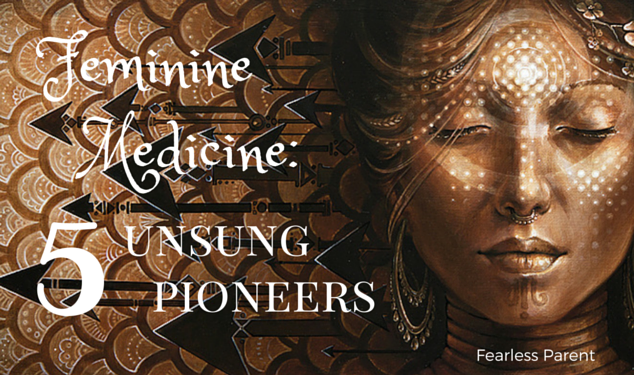





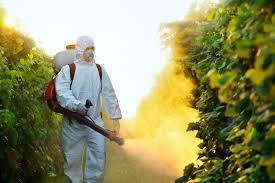
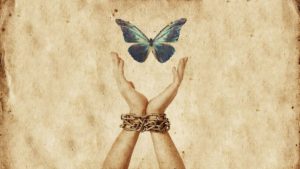

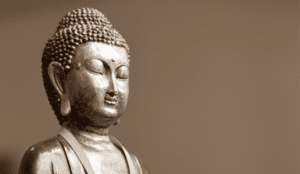


March 7, 2016 6:57 pm
Comments 0